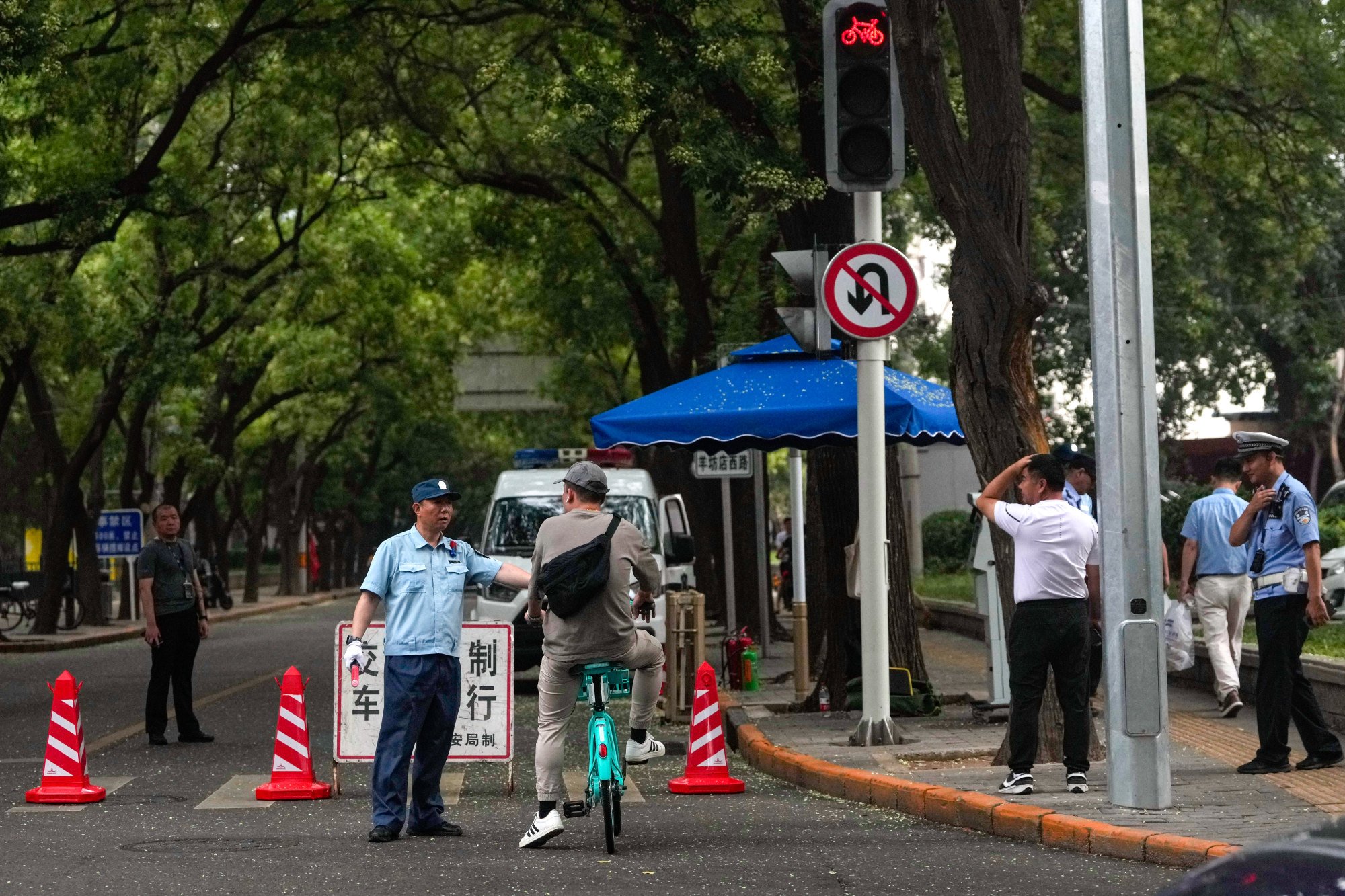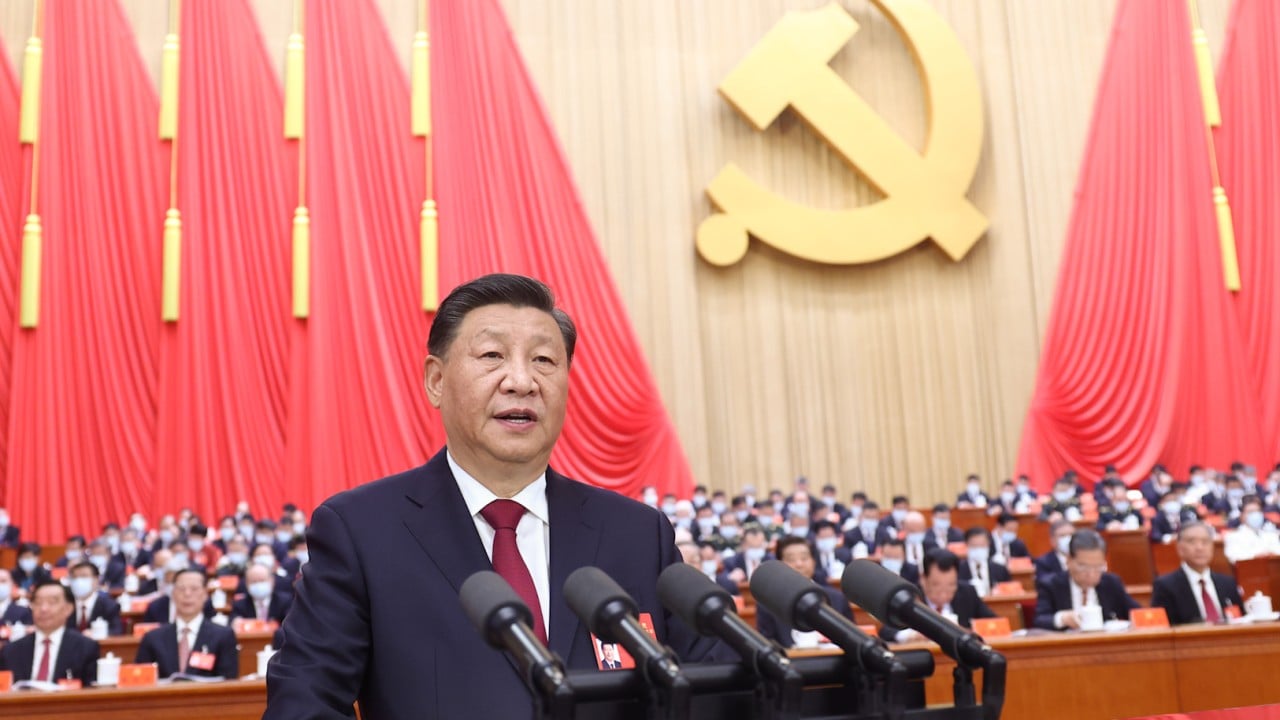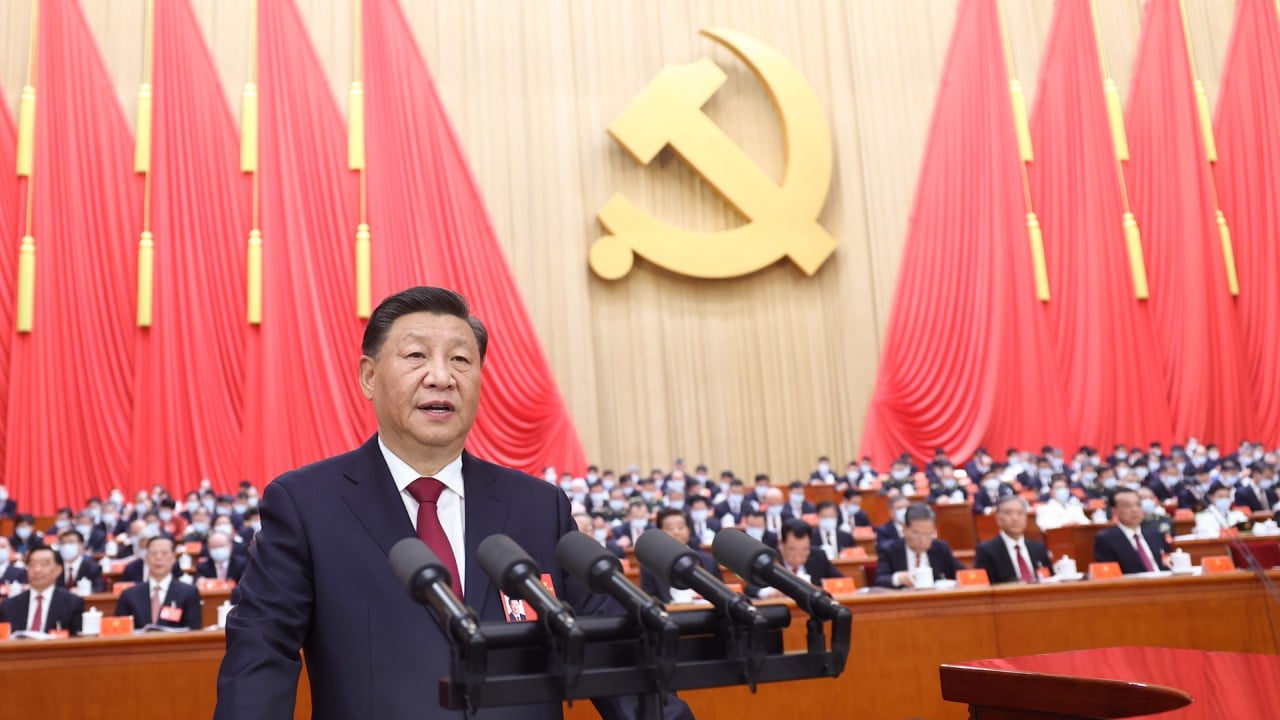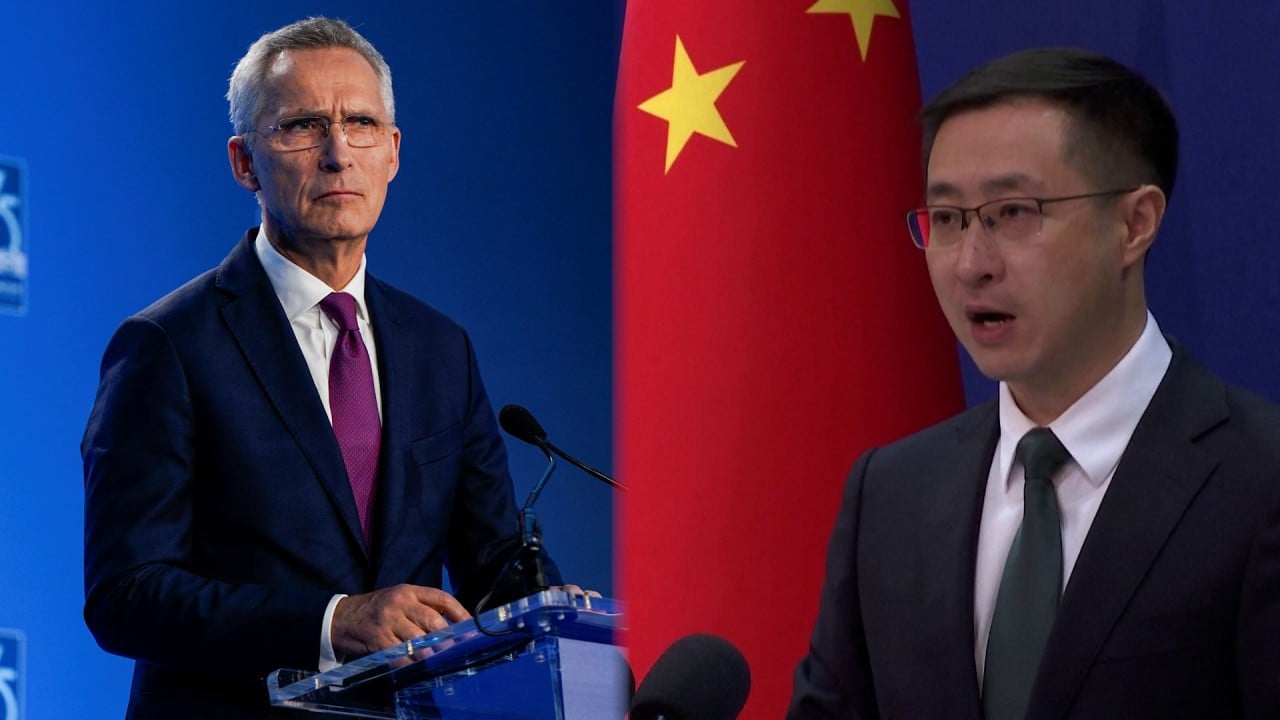China’s ruling Communist Party has started its third plenum with tightened security measures in Beijing as it charts China’s economic and social development direction for the next decade.
The main focus of the four-day meeting of more than 370 full and alternate members of the party’s Central Committee is expected to decide how to reach the country’s interim industrial and technological goals by 2035, and ways to cope with the economic challenges facing the country.
Confirming the opening of the plenum in Beijing, state news agency Xinhua said on Monday morning that President Xi Jinping, who is the General Secretary of the party, delivered the Politburo’s work report to the plenary session and presented a draft document on the Central Committee’s decision on “further comprehensively deepening reform and advancing Chinese modernisation”.
The one-paragraph Xinhua report on Monday morning did not offer any further details of the meeting.
The event – formally known as the third plenum of the 20th Central Committee – is expected to close on Thursday with a brief communique summarising key decisions.
According to precedent, this should then be followed within days by the release to the public of the full party document outlining decisions made during the meeting.
Beijing has stepped up security measures in the city, banning all low-altitude aircraft, including drones, and installing security personnel at public transport and road infrastructure and other important locations.
On Monday, the state-run Beijing Daily published a municipal police department notice saying all “low-altitude, slow and small” aircraft would be banned in the city from Monday to Thursday. All flights for sport, entertainment and promotional purposes would be banned, it said.
Low-altitude aircraft on the restricted list includes hot-air balloons, gliders, blimps, model aircraft and drones. The ban applies to all organisations and individuals in Beijing. Anyone not complying faces a fine and possibly criminal charges.
Local residents said they observed a heavy police presence on Monday around Beijing’s public transport, roads and other key infrastructure.
The clampdown comes after China’s security chief Chen Wenqing last week urged the country’s security apparatus to “make every effort to safeguard national security and social stability” during the party plenum.

A resident surnamed Chen, who lives on Yangfangdian Road near the meeting venue – the Jingxi hotel in west Beijing – said he saw more security personnel patrolling the area in scorching heat on Monday morning.
“For us living around here, we are all very used to that. It is the party’s plenum time – of course we need more security,” Chen said.
Beijing resident James Wang, 35, said he noticed more police and auxiliary police patrolling subway stations and elsewhere.
“A few guys wearing red armbands are hanging out on the overhead bridge in front of my place. That reminded me that the important party meeting is ongoing,” he said.
The event comes as Beijing tries to assure both foreign business and the domestic private sector about the country’s economic prospects, a challenge some of the most significant third plenums have tried to address in the past.
China’s economy only grew 4.7 per cent in the second quarter, data showed on Monday, as a protracted property downturn and job insecurity weighed on domestic demand, likely prompting people to keep an eye on the key meeting in Beijing for signs of more stimulus.
Beijing faces other major domestic challenges, including a demographic crisis, sluggish growth and mounting debts among local governments. It is also confronted with increasing pressure from the West following the recent Nato summit that denounced Beijing as a “decisive enabler” of Russia’s war in Ukraine.




